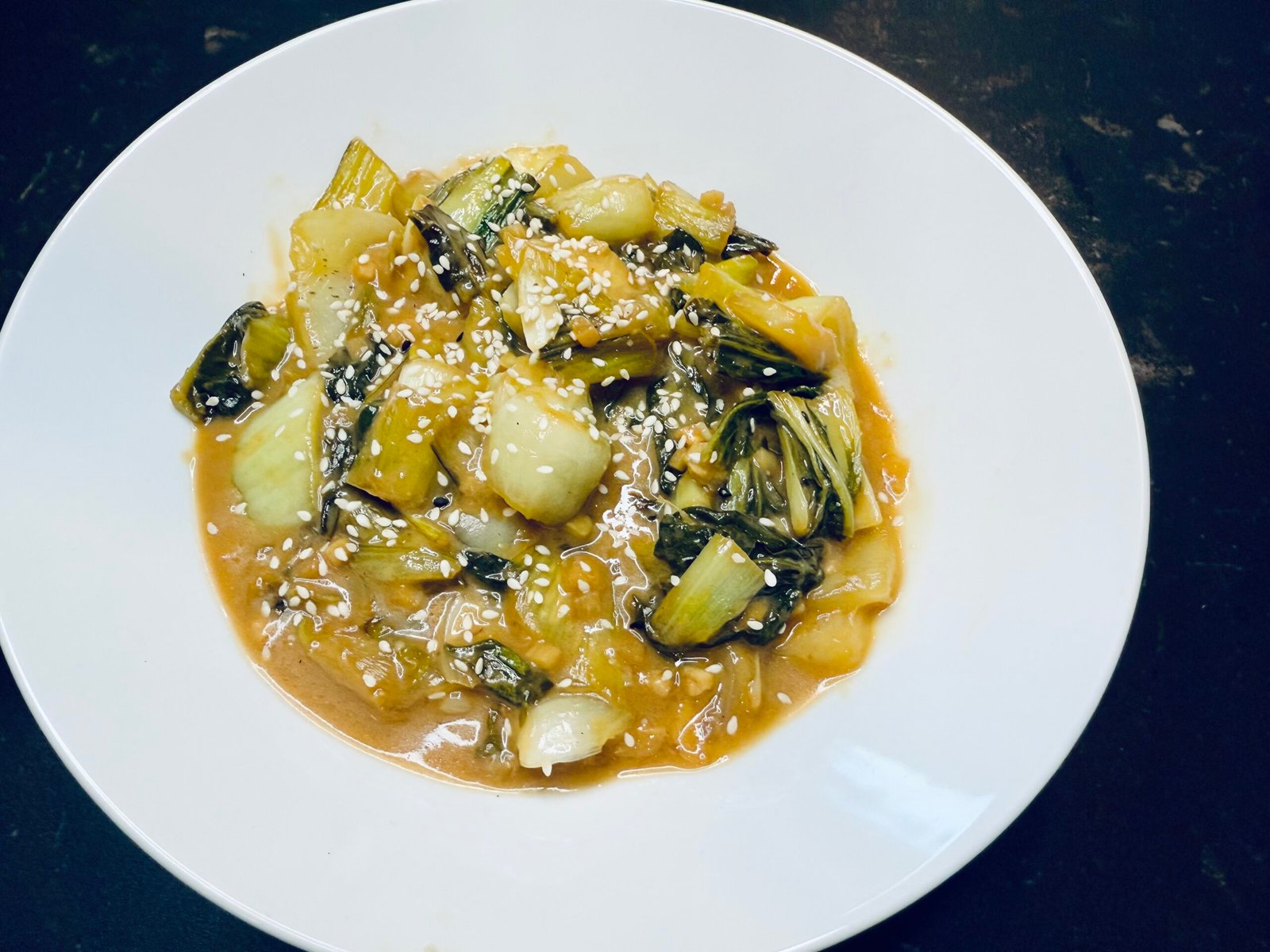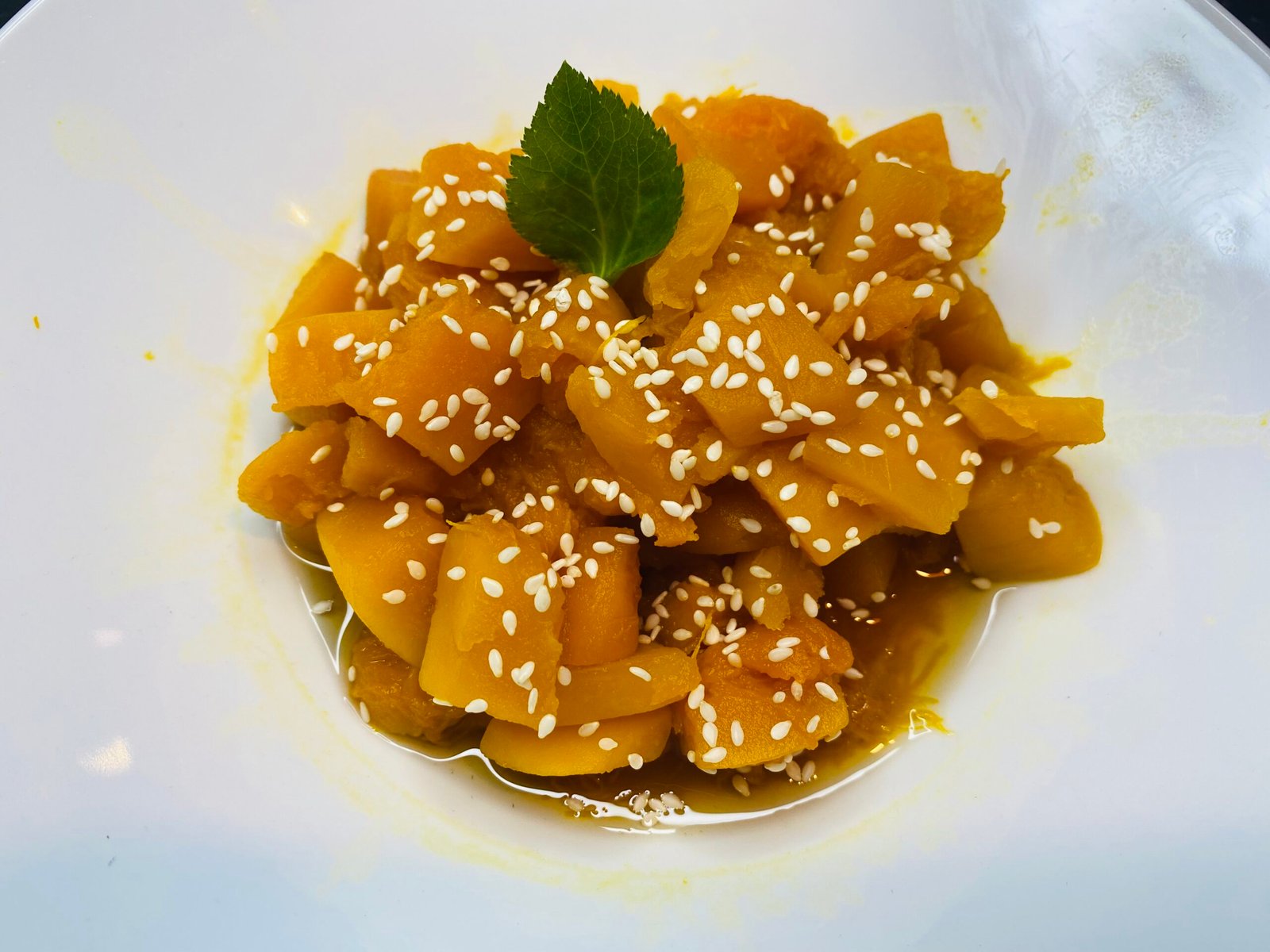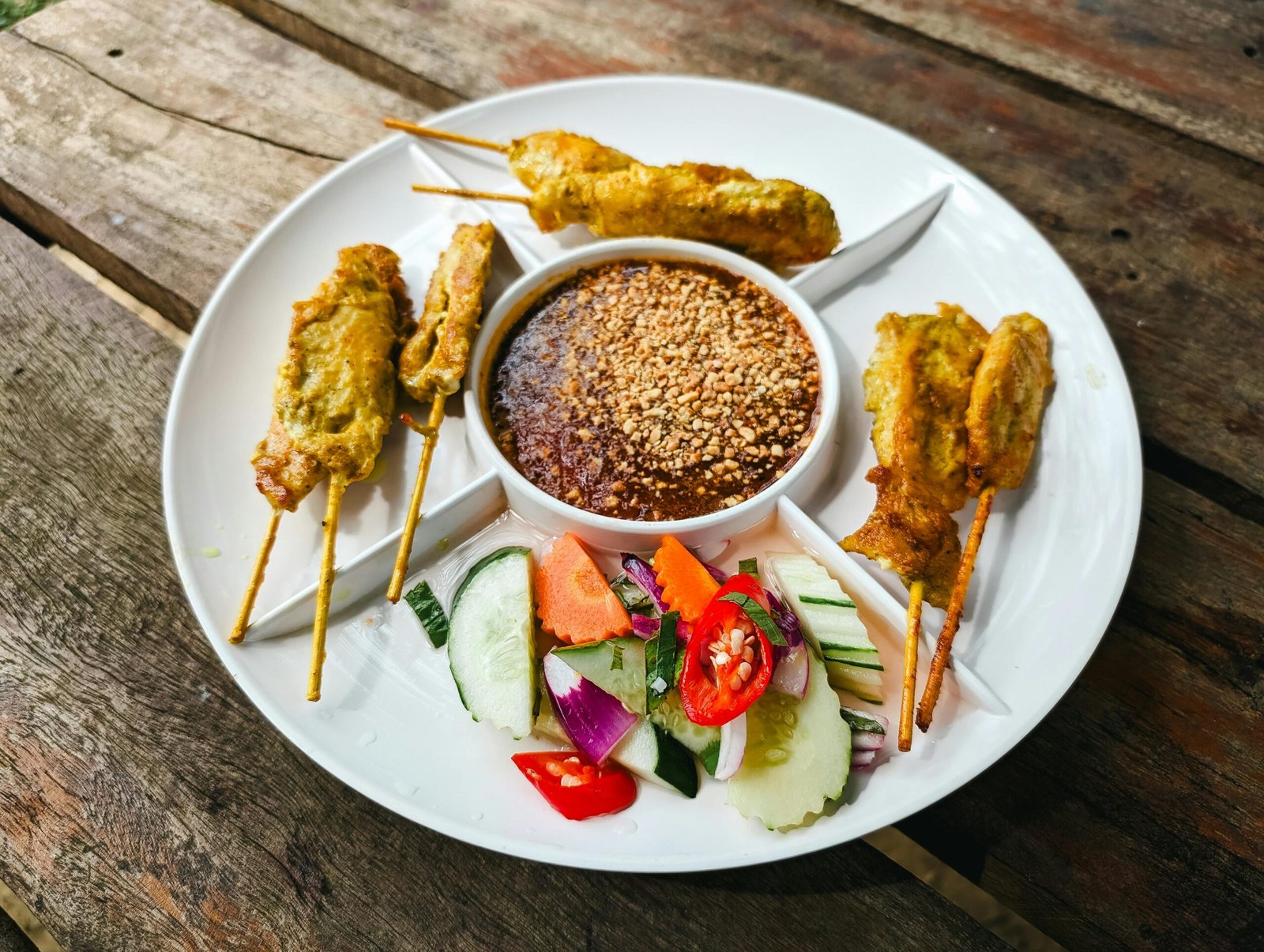Port wine is a flagship ingredient of Portugal, particularly appreciated in sauces and desserts. This recipe draws inspiration from the classic pairings of Port with sweet fruits like figs, often used in Portuguese cuisine to bring a rich sweetness to savory dishes. Duck breast, although less common than pork or chicken in Portugal, pairs perfectly with these intense, sweet flavors.
Preparation
Ingredients
Preparation
-
Prepare the duck breasts:
-
Cut the skin of the breasts in a grid pattern without cutting the meat.
-
Generously salt and pepper both sides of the breasts.
-
Cooking the duck breasts:
-
Heat a frying pan over medium heat, without adding any fat.
-
Place the breasts skin side down in the pan and let the fat melt for about 6 to 8 minutes, until the skin is nicely browned and crispy.
-
Turn the breasts over and cook the other side for 3 to 4 minutes for medium-rare cooking (or more depending on your preferences).
-
Remove the duck breasts from the pan, cover them with aluminum foil and let them rest.
-
Prepare the fig and port sauce:
-
In the same pan, remove a little cooking fat if necessary and add the butter.
-
Add the chopped onion and fry over low heat until translucent and lightly browned.
-
Add the halved figs (if using dried figs, soak them in lukewarm water for 10 minutes first).
-
Pour the Port wine, honey and balsamic vinegar into the pan. Simmer over low heat for 5 to 7 minutes, until the sauce thickens slightly and the figs become soft and soaked in the sauce.
-
Taste the sauce and adjust the seasoning with salt and pepper. You can also add a few rosemary leaves for an extra herbaceous aroma.
-
Training:
-
Thinly slice the duck breasts and place them on a serving plate.
-
Cover the duck breast slices with the port and fig sauce.
-
Garnish with a little fresh rosemary and possibly some orange zest for a fresh and fragrant contrast.
-
Suggested accompaniments:
-
This dish goes perfectly with potatoes fried with garlic and parsley or a potato gratin. It can also be served with roasted vegetables, or Portuguese-style rice.





